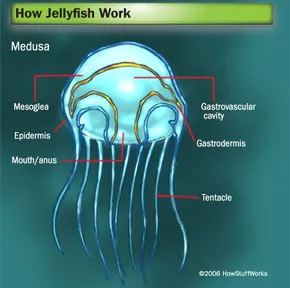The Science of Music
How does music affect human beings?
Humans have embraced music as an art form for thousands of years. It has the capacity to inspire, arouse, and even heal individuals. Yet music is more than simply an art; it’s also a science. We shall examine the science of music and how it impacts our bodies and brains in this essay.
A sound’s frequency—the quantity of vibrations per second—determines its pitch. The frequency of high-pitched noises is higher than that of low-pitched sounds. The amplitude, or height of the sound wave, is what determines how loud a sound sounds. The sound is louder the higher the amplitude.
Different pitches and rhythms are combined to create melodies and harmonies in music. Harmonies are produced by playing several pitches simultaneously, whereas melodies are produced by playing a series of pitches one after another. The pattern of beats or pulses that determines the speed of music is called rhythm.
Music has the power to affect our body physically in addition to emotionally. For instance, research has indicated that listening to music helps speed up recovery from surgery and lessen discomfort. Also, listening to music can lower heart rate and blood pressure as well as boost the immune system. Also, music can be good for the brain. For instance, taking up an instrument can raise IQ and enhance memory and cognitive performance. The prefrontal cortex, which is involved in planning and decision-making, as well as the motor cortex, which regulates movement, are just a few of the brain regions that must be used in order to play music.
Finally, it should be noted that music is both an art and a science. The elements of sound, pitch, rhythm, and harmony form the foundation for both the making and listening to music. Our bodies and minds can be affected emotionally, physically, and cognitively by listening to music. Music is a huge part of our lives and will be studied and loved for years to come, whether we play an instrument or just like listening to it.
RELATED STORIES
https://study.com/academy/lesson/the-science-of-music.html
https://mim.org/the-connection-between-music-and-science/
https://www.britannica.com/video/187019/science-appeal-music
TAKE ACTION:















